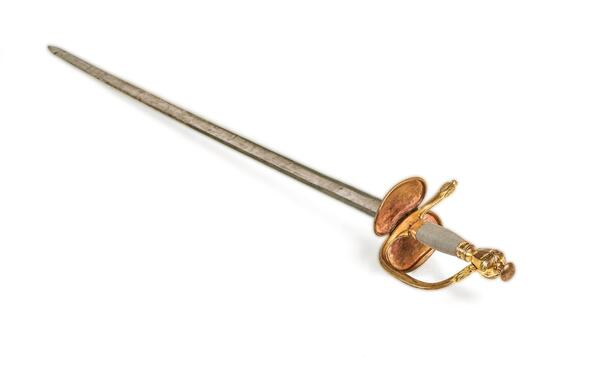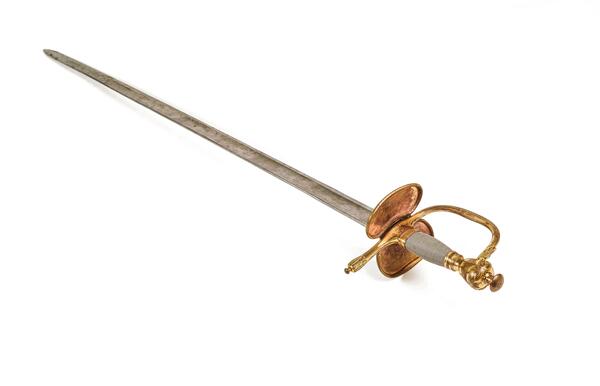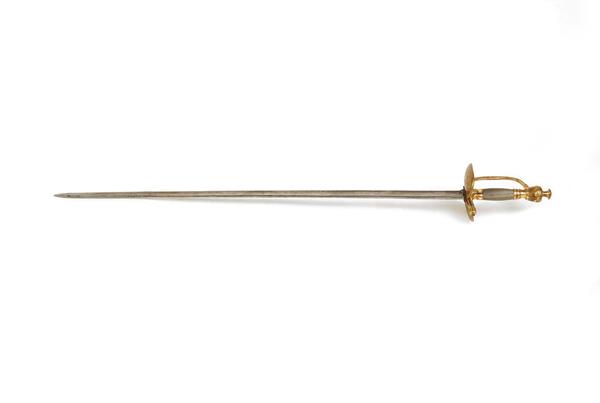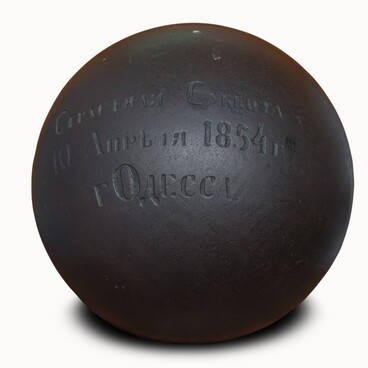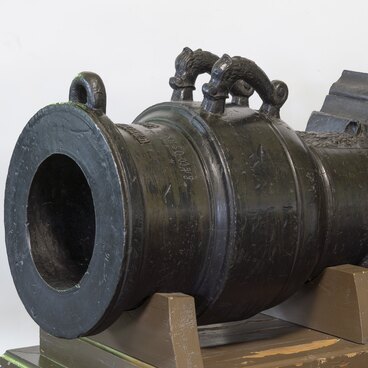Mikhail Andreyevich Miloradovich, a Serb by blood, was a nobleman from Poltava Governorate. His father was a hero of the Russo-Turkish War, his maternal grandfather was the last colonel of the Zaporozhian Host.
As a child, Mikhail was assigned to the Izmailovsky Life Guards Regiment: Catherine II agreed to “replace” the order which had been earned by his father with such a grace.
Miloradovich began active service with the rank of ensign in 1787. After the Russo-Swedish War, he was promoted to lieutenant, and by 1799 — to major general and chief of the Absheron Musketeer Regiment.
In the Italian and Swiss expedition, he proved himself as a courageous and competent commander, who always personally led the regiment into the attack and inspired his troops. Alexander Vasilyevich Suvorov introduced him to his entourage and appointed him a general on duty. During the campaign of 1799, Miloradovich met with Grand Duke Konstantin Pavlovich and became his friend for the rest of his life.
In 1805, Mikhail Andreyevich and his detachment were sent to assist the Austrian army, and later he participated in the Battle of Austerlitz. In 1807, he commanded the corps during the liberation of Bucharest from the Turks.
In the campaign of 1812, Miloradovich earned great praise for the battles of Maloyaroslavets and later near Vyazma. He also successfully negotiated a temporary truce with Joachim Murat.
The French awarded Miloradovich a nickname “the Russian Bayard” in honor of the knight and commander during the Italian wars; compatriots compared him with Marshal Murat for his “dapper” prowess.
Devoted to Konstantin Pavlovich, Miloradovich persuaded the troops to pledge their allegiance to him. When the Grand Duke abdicated, the general was disappointed, but went to the Senate Square to convince the Decembrists to lay down their arms and swear allegiance to Nicholas I. Legend has it that at that moment he had a sword in his hand which was given to him by Konstantin Pavlovich.
The general’s authority was great, but the fatal shot of Pyotr Kakhovsky interrupted his exhortations.
Before his death, Miloradovich asked to free all his serfs and to send his sword to Nicholas I. On August 26, 1912, Mikhail Andreyevich Miloradovich was declared the eternal commander of the 38th Tobolsk Infantry Regiment.
The award weapon was introduced in the Russian army no later than the 17th century. Paul I abolished this type of award, Alexander I restored it and included all those awarded in the general list of holders of Russian orders.
As a child, Mikhail was assigned to the Izmailovsky Life Guards Regiment: Catherine II agreed to “replace” the order which had been earned by his father with such a grace.
Miloradovich began active service with the rank of ensign in 1787. After the Russo-Swedish War, he was promoted to lieutenant, and by 1799 — to major general and chief of the Absheron Musketeer Regiment.
In the Italian and Swiss expedition, he proved himself as a courageous and competent commander, who always personally led the regiment into the attack and inspired his troops. Alexander Vasilyevich Suvorov introduced him to his entourage and appointed him a general on duty. During the campaign of 1799, Miloradovich met with Grand Duke Konstantin Pavlovich and became his friend for the rest of his life.
In 1805, Mikhail Andreyevich and his detachment were sent to assist the Austrian army, and later he participated in the Battle of Austerlitz. In 1807, he commanded the corps during the liberation of Bucharest from the Turks.
In the campaign of 1812, Miloradovich earned great praise for the battles of Maloyaroslavets and later near Vyazma. He also successfully negotiated a temporary truce with Joachim Murat.
The French awarded Miloradovich a nickname “the Russian Bayard” in honor of the knight and commander during the Italian wars; compatriots compared him with Marshal Murat for his “dapper” prowess.
Devoted to Konstantin Pavlovich, Miloradovich persuaded the troops to pledge their allegiance to him. When the Grand Duke abdicated, the general was disappointed, but went to the Senate Square to convince the Decembrists to lay down their arms and swear allegiance to Nicholas I. Legend has it that at that moment he had a sword in his hand which was given to him by Konstantin Pavlovich.
The general’s authority was great, but the fatal shot of Pyotr Kakhovsky interrupted his exhortations.
Before his death, Miloradovich asked to free all his serfs and to send his sword to Nicholas I. On August 26, 1912, Mikhail Andreyevich Miloradovich was declared the eternal commander of the 38th Tobolsk Infantry Regiment.
The award weapon was introduced in the Russian army no later than the 17th century. Paul I abolished this type of award, Alexander I restored it and included all those awarded in the general list of holders of Russian orders.


